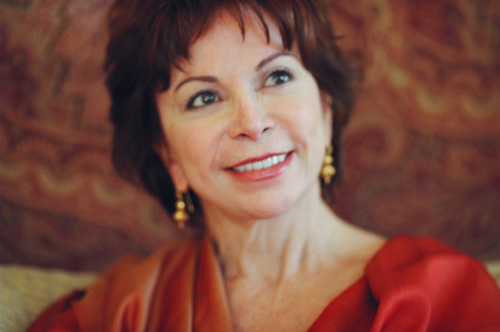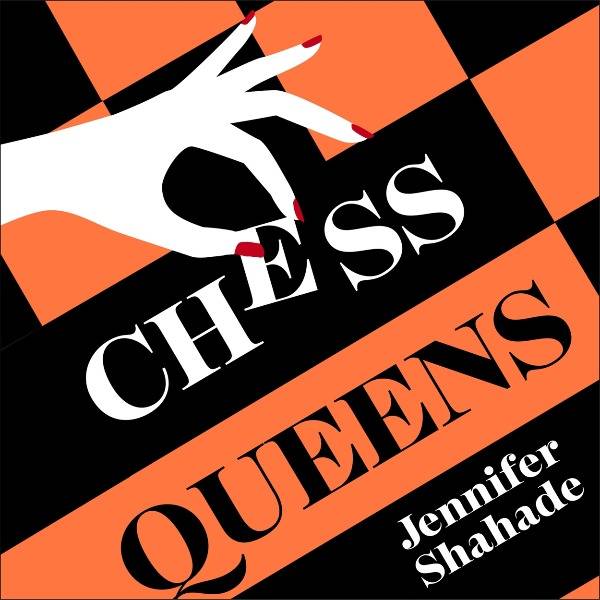
Born in Peru in 1942 but raised in Chile, Isabel Allende is the author of 18 books, including House of Spirits, Of Love And Shadows and Maya’s Notebook. Her latest, Ripper (4th Estate), is her first crime thriller.
Why did you choose crime writing?
It wasn’t really my idea. I had announced that I wanted to retire. My agent panicked and she said, “No, no, you can’t retire. You have to write a book with your husband.” My husband is a mystery writer. We started planning something. I start all my books on 8 January and by 7 January 2012 we realised it would never work. He writes in English, by hand, and his attention span is 11 minutes. I write on the computer, in Spanish and my attention span is 11 hours. I realised I would be doing all the work and he would be getting half the credit. No way! By coincidence, that night, my granddaughter was playing a game in the kitchen alone with cards and dice. I said, “What are you doing?” She said she wasn’t alone, she was playing online with some friends, a role-playing game called Ripper. That gave me the idea.
Besides the mystery itself, were you keen to explore the idea of young people and the internet?
Yes, because it’s the world of the young people today. Everything happens on a screen – friendships, love affairs, sex.
What effect is technology having on our lives?
The change is huge, incredible. There’s change in the way we think, the way our brain will work and how our children and grandchildren’s brains will be wired. I’m not scared at all. I think the basic storytelling that humanity needs will continue and we will be able to read on screen or by having a chip implanted in our brain so we don’t even need the screen. I’m not scared that it will ruin culture.
Are you still planning to retire?
I’m feeling better now. In 2012 and 2013, we had very bad years in my family. My husband was deeply depressed. He lost his son. I felt I was just too tired. But now I am ready again. I started something on 8 January this year.
In the past you’ve turned those painful times into books. How hard are those books to write?
They are very cathartic. My daughter, Paula, died in December 1992. I started writing the book on 8 January 1993, right after her death. Writing the book helped me heal. More than 20 years later, I still get emails, messages and letters from all over the world from people who are reading Paula for the first time, or they read it years ago and they’ve had a loss. It doesn’t have to be the loss of a child. It could be divorce or a mother that died, but everybody has loss. I feel my daughter is alive, her spirit is very alive. Many years later I wrote a sequel, The Sum Of Our Days, and now, ten years on, people are asking for another installment. But I’ve promised my family I won’t write about them.
Several of your books have been about Chile’s turbulent recent history. What do you make of the country today?
Chile is a country that appears to be very prosperous, that has a very stable economy and is also stable politically and socially. However, there’s great inequality and the middle class live in debt. They live on credit cards. The rich are richer than in the United States, but there are very few of them, and there’s still some poverty, though less than 40 years ago. The situation of women has improved. But we have a legacy of the dictatorship.
One of the things the dictatorship did was the neoliberal, Chicago Boys economy that privatised everything, that allowed a few people to become extremely rich. Health and education, that previously the state had to provide and where everybody in Chile could become a doctor or a lawyer without paying a cent, ended. Public hospitals were practically abandoned for private clinics. So people who can pay, people who have a good insurance can go to the clinic and the poor can’t even find a needle in a public hospital and they have to wait for months before they get seen by a doctor. That needs to change and everybody has known this since we had democracy 30 years ago.

